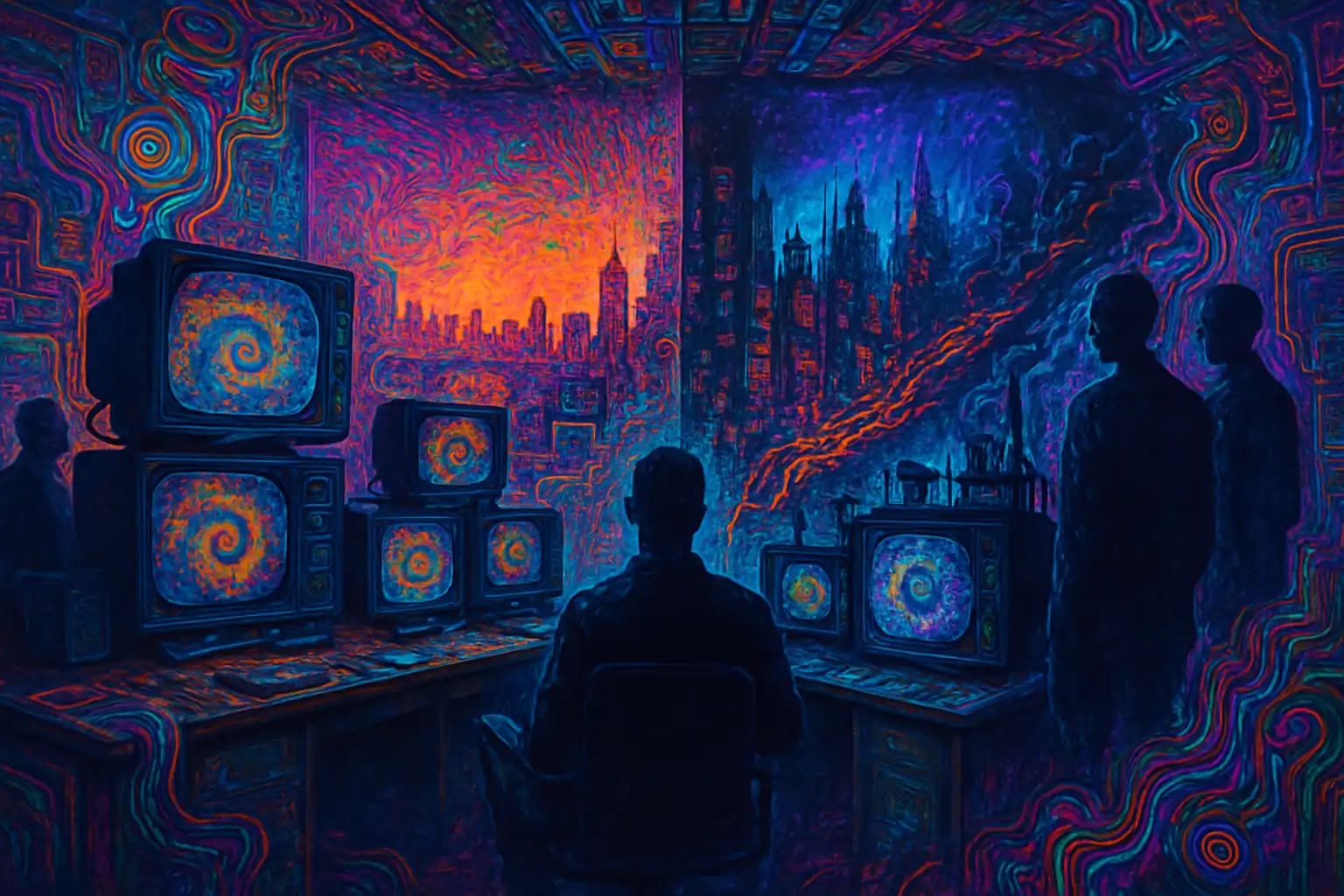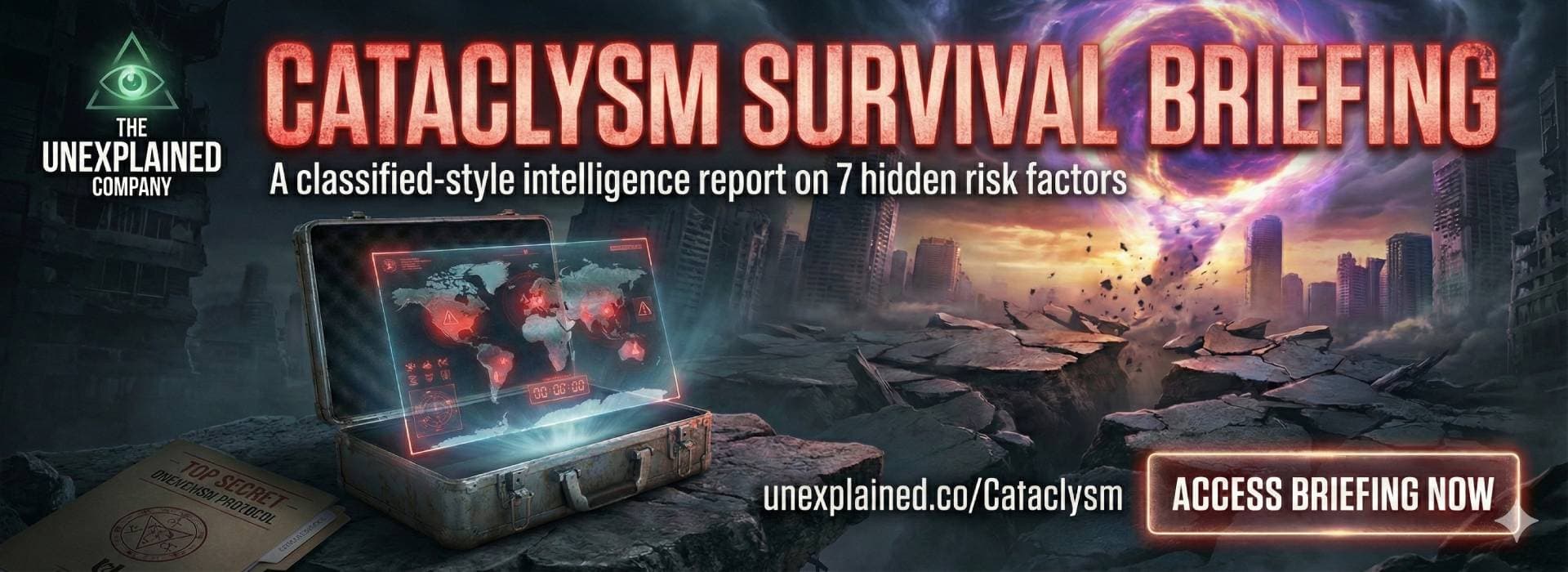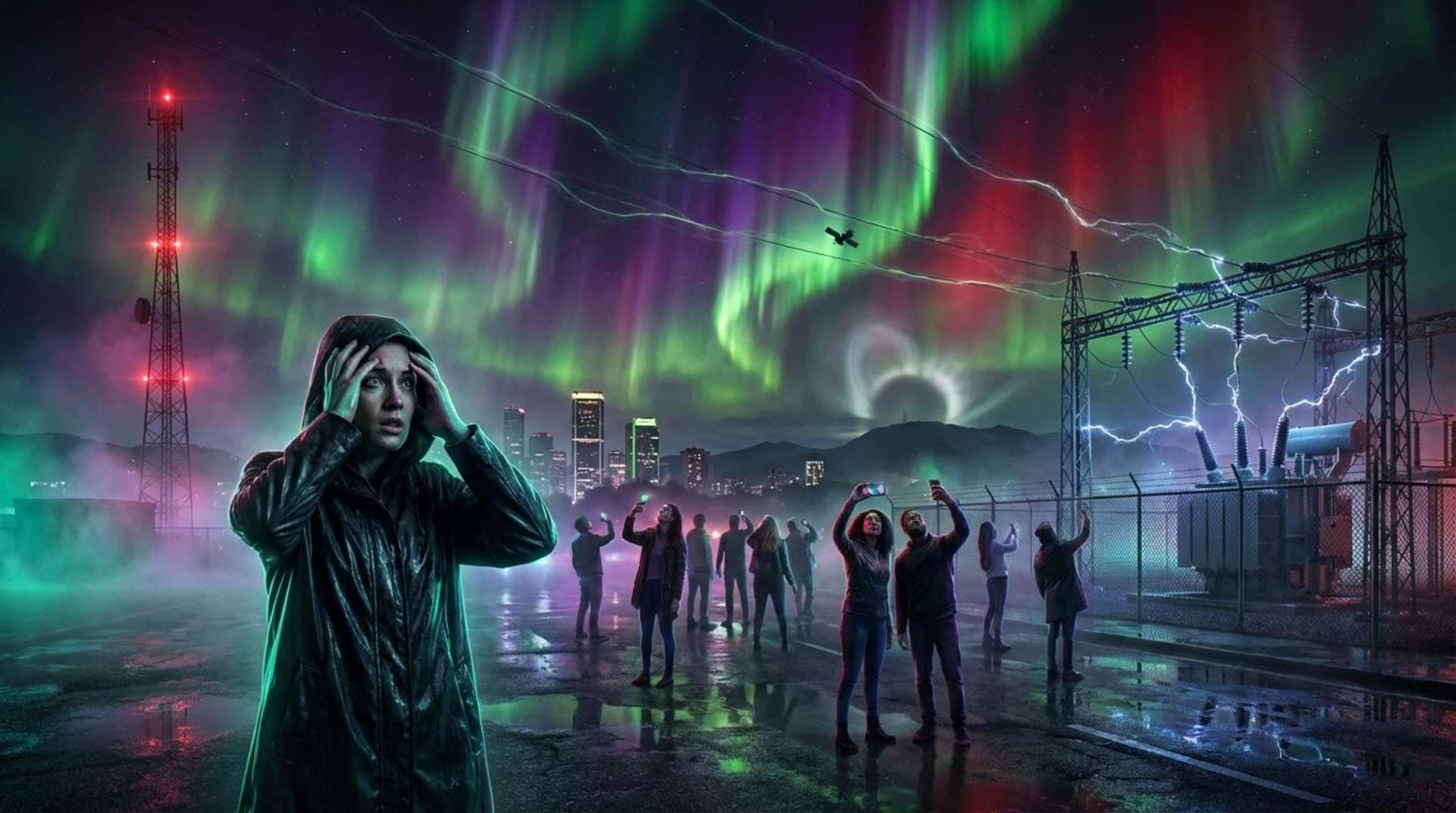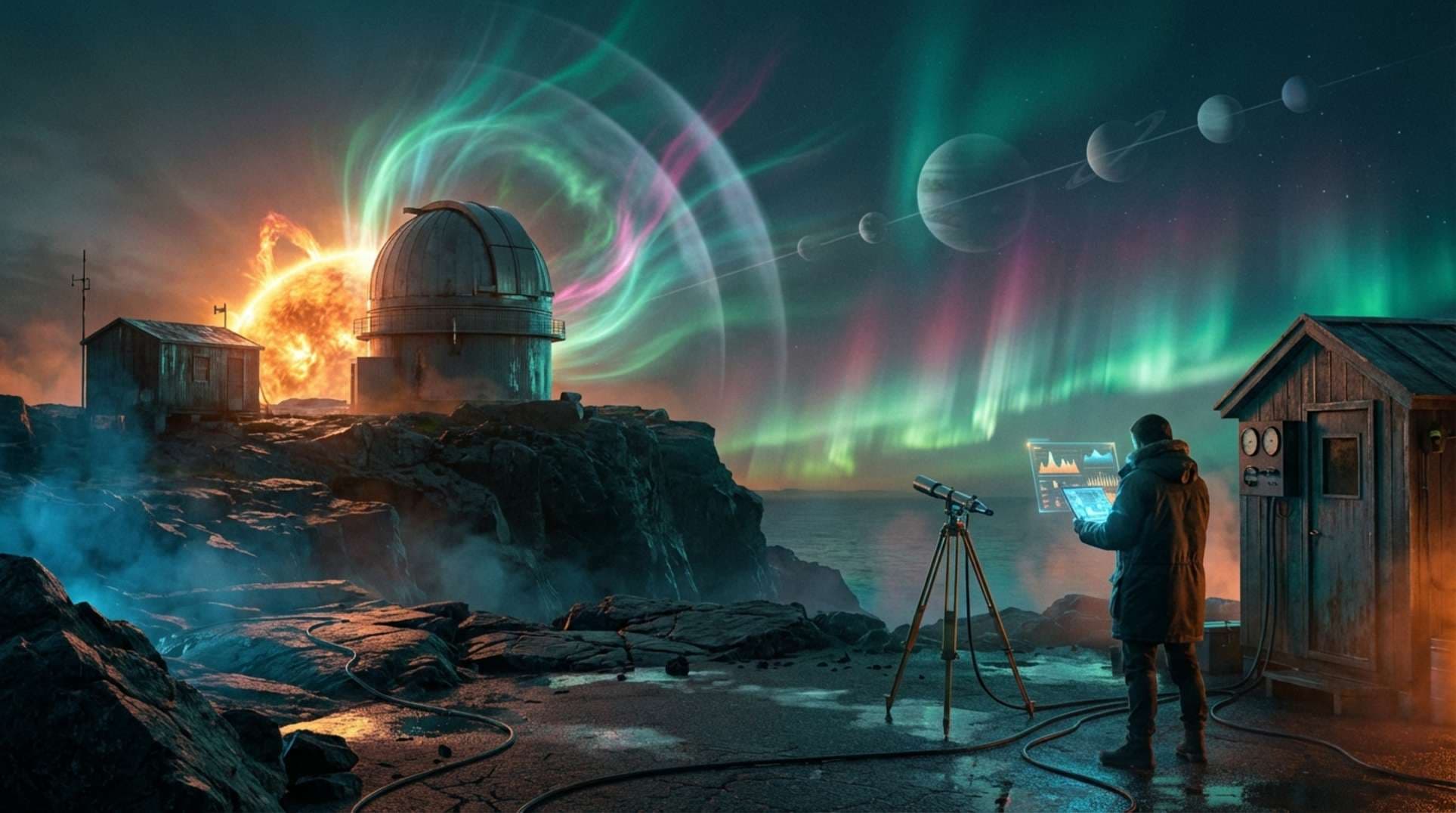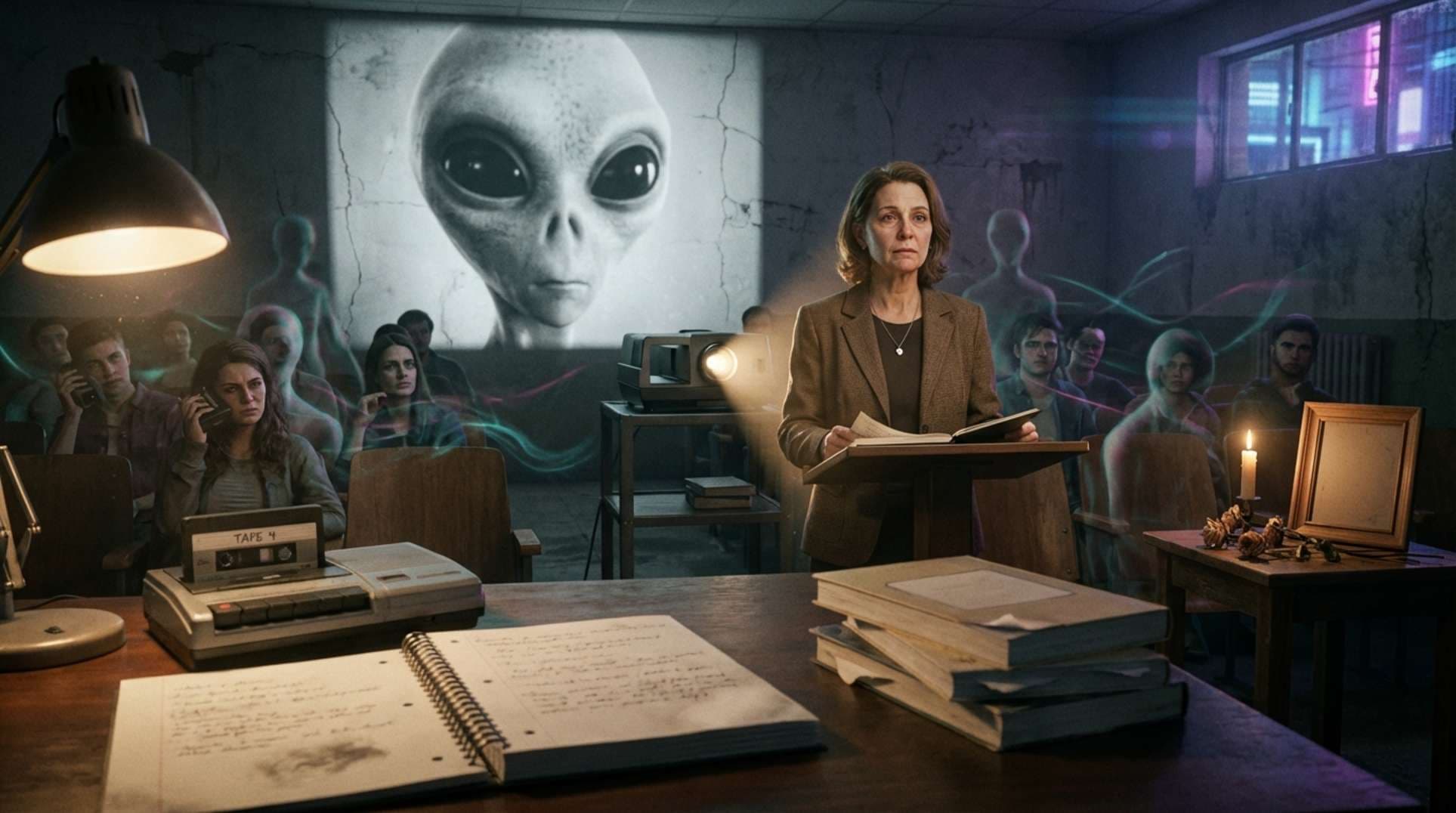Unlike the tired prophecies of Wall Street sages or Nostradamus scholars (though let’s not forget the allure of modern cipher prophecy), McKenna’s vision cut to the heart: the future would be stranger, faster, and less predictable than any linear chart could depict. From algorithm-driven social manipulation to threats posed by existential technologies, his predictions echo across every crisis and opportunity, just as outlined in warnings about AI existential risks.
Terence McKenna’s 1998 Interview: Blueprint for the Modern Age
It’s one thing to speculate about the year 2000; it’s another to predict—nearly a quarter-century in advance—how our lives would become unanchored by rapid progress. In his iconic talk (watch here), McKenna foresaw that networked computers, synthetic realities, and mind-altering media would act as accelerants, blurring the lines between information and biology, public and private, freedom and control. “Novelty,” he asserted, would escalate so quickly that society would oscillate between messianic hope and total disorientation.
His 1998 observations feel eerily relevant as today’s headlines flicker between AI hallucinations, deepfake scandals, and a growing sense that reality is negotiable. The challenge, as McKenna hinted, wasn’t just technical disruption but the struggle to maintain humanity in the chaos: a theme recast with darker undertones in explorations of modern mind control and spiritual panic.
Technological Tsunamis: AI, Simulation, and Exponential Uncertainty
Fast-forward to 2024, and McKenna’s script plays on repeat. Consider artificial intelligence—its apocalyptic potential and reality-bending creativity lie at the core of this existential risk report. With generative AI, social bots, and algorithmic curation, the “novelty” McKenna foresaw emerges not only from artists and inventors but also from runaway code itself. The boundary between organic and artificial thought, authentic and counterfeit, has blurred.
The technological singularity—an idea McKenna discussed long before it became Silicon Valley buzzword—now looms large in corporate boardrooms and doomsday prep bunkers. Unsurprisingly, the anxiety and information volatility he described have become mainstream news. Existential dread fuels everything from government ‘grid-down’ scenarios to mythic narratives found in ancient civilization exposés.
Culture on the Brink: Ritual, Apocalypse, and the Rebirth of Myth
McKenna’s 1998 forecast didn’t just predict technological chaos; it anticipated social and spiritual crises. He believed new forms of myth and ritual would surface to replace a vanishing consensus reality—a prediction evident in the rise of conspiracy theories, internet cults, and the revival of apocalyptic narratives. Articles on underground cities and cataclysmic Atlantis lore reflect a population searching for meaning amidst upheaval.
The collective sense of unmooring, fractured belief in institutions, and desire for reset—be it through prepping or esoteric revivalism—are as present in the zeitgeist as headlines about quantum computing or virtual reality. In a world marked by uncanny change, the pursuit of roots, meaning, and hidden history becomes a survival tactic.
What Comes Next? Uncertainty as Destiny—and Opportunity
If McKenna’s vision of novelty, chaos, and anxiety proves accurate, the lesson isn’t “give up” but “adapt faster.” The future remains a wild card: perhaps a hidden world waiting for new explorers, or a precipice needing collective wisdom before the next leap. What remains non-negotiable is the need for open minds, intellectual flexibility, and the grit to dig beneath the loudest narrative.
So when the next strikingly accurate forecast breaks the internet, remember: someone in 1998 already saw it coming. To stay ahead—and not merely react—keep your browser locked on Unexplained.co, where tomorrow’s predictions become today’s revelations. As predicted, the future waits for no skeptic.

